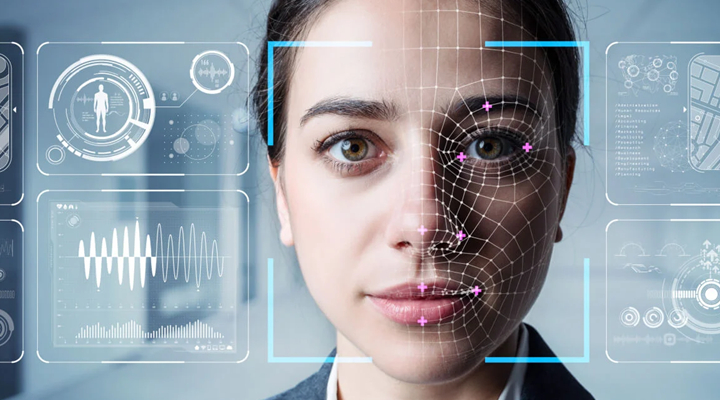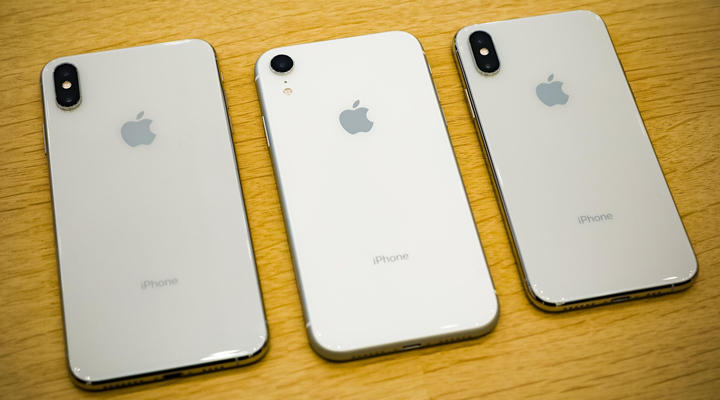Benefits Of Artificial Intelligence

Artificial Intelligence is the capability of a computer to perform tasks that usually require human intelligence, such as visual perception, speech recognition and decision-making. Artificial Intelligence can be applied to all sorts of fields, from robotics to medicine and finance.
Benefits of Artificial Intelligence
1. Reducing labour costs
The automation of certain tasks can greatly reduce labour costs. A promising example is robotic surgery, which requires a great deal of human input. As the number of surgeries increases, the need for human surgeons decreases; as a result, the cost of operating an operation (both to the patient and to society) decreases. Another example is in finance: artificial intelligence is expected to eliminate much of the work done by loan officers at banks, allowing other jobs to be performed more efficiently.

2. Automating repetitive tasks
The automation of certain tasks can greatly increase efficiency in other, more important systems. This can result in an increased capacity (both in terms of the number of transactions that can be executed and the number of people who can be employed) and an overall reduction of operating costs. An example is “machine translation,” which has automated the process by which companies around the world translate their documents from one language to another.
3. Creating new technologies and products
The creation of new products and technologies can be greatly expedited by the use of artificial intelligence. For example, the first image-processing computer (the “Image-Acquisition Computer,” or IAC) was developed in 1956 specifically with the purpose of creating more advanced systems, such as the Lockheed U-2 reconnaissance plane. Similarly, Tesla Motors’ first model S electric car was developed as a result of research done for Google’s driverless cars.
4. Increasing knowledge accessibility
Artificial intelligence can contribute to research in many fields of study by increasing science literacy and education. For example, IBM’s Watson has been used to answer questions posed in the audience at the question-and-answer session of the 2013 U.S. national championship of Jeopardy! Since Watson’s success on Jeopardy!, many other applications have been developed to allow people to perform increasingly sophisticated research tasks using a computer.



